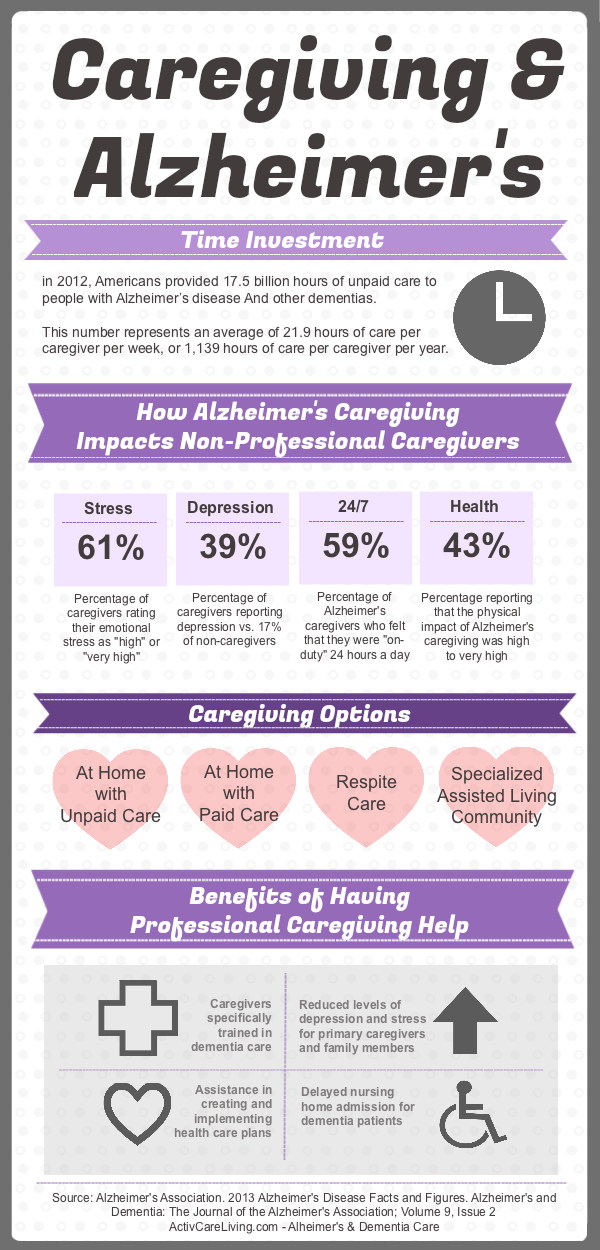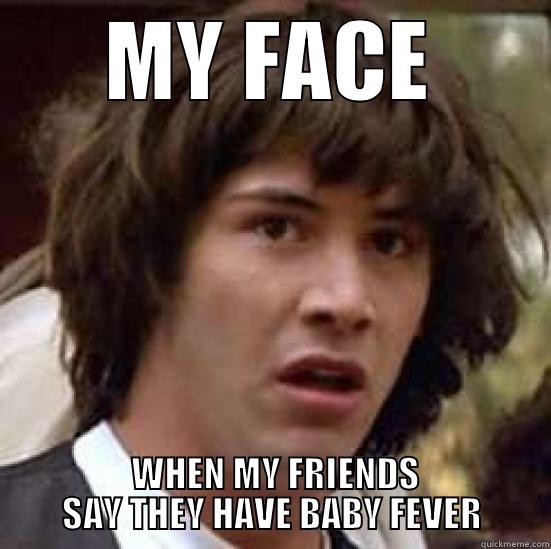Caregivers.
One word, super powerful and
super overlooked.
Being a caregiver in any situation is hard.
A parent with a sick child, a significant other and their spouse fighting cancer, a child of a parent with dementia. I didn't think "great ease" when I envisioned any of those circumstances.
We will certainly be put in places in this life that are hard as,
there's no polite way to put it, hard as hell.
Watching the person who made you, raised you, prayed for you, stood by you melt away....memory by memory....not the easiest task you'll have to endure.
You can admit it.
It is difficult.
It is nerve racking.
It is teeth grinding.
It is blow after blow to your soul.
I have the utmost respect for caregivers of Alzheimer's patients. That job is grueling and depressing. Here is someone who spent their life caring for you and worrying over you and now they mistake you for someone else. It starts as an, "I know you aren't that person," and turns into you are anyone but who you really are.
Then they become people who are unreasonable. They begin to go backwards, mentally speaking, to a person who resembles an 7 year old. They say something that isn't right, you try to correct it and the world explodes.
Anger, resentment, an ill word.
They hit you, they try to bite you, and it hurts deep inside.
They aren't the person you knew and will never be that person again.

Realizing how devastating it is for family caregivers means we need to extend help and compassion as much as we possibly can.
They need breaks. They need reassurance. They need reality when reality is slipping.
Caring for someone with Alzheimer's is a draining job.
Respite services are available in most areas. A person who is spending each day caring for a person needs a break just as much as any other working person. If families choose to care for their loved on on their own, it is key that they make schedule so that no one person is left carrying the weight of the job alone. Making an executive decision on who, what, when and there is critical. Leaving this job to one person is not a smart choice.
Local hospitals, Hospice services, and you county health department may be able to assist in finding respite care for your loved one. It is a fabulous idea to get to know these departments/agencies as they can also assist you in other educational and helpful opportunities about caring for and assisting with the loved one battling the disease.
Blessed (Re)Assurance
Have you been through this situation? Caring for a loved one with dementia/Alzheimer's? Then you play a critical role in offering reassurance to those who are doing the same job now.
You know how heartbreaking it is to care for someone in this capacity. You can be such a beacon of light to those who are now in the shoes you were once in.
Even if you have no clue what the disease is all about you can still be that person that puts a little color in a grey day. Take time to talk with the caregiver. Let them sound off and let them cry. Let them know they are doing a great job and offer them mental and emotional support.
A note of thinking of them, a small gift of appreciation, a telephone call just because.....all fabulous ways to let them know you are thinking of them and they can do this!
When reality slips
There are times where family caregivers will need a dose of reality to remind them that they can only do so much in their capacity of care giving.
No, we're not the professionals and really we shouldn't try to preach to anyone.
There will come a day when the care handled by family caregivers needs to be given over to professionals in the area of dementia and Alzheimer's Care. The job will seem be too difficult for the son, daughter, and spouse.
When this transition starts to show itself this is when caregivers need the most support and positivity we can muster. This is a scary time and a time of total frailty for the caregivers. Ideas of "giving up" and "not being good enough" and fears of "letting them down" will creep around every corner.
This is the time when we need to be the strongest of friends. This is when we don those pom poms and cheer on the caregivers as they make a decision that is both hard but correct all at the same time.
The reality that:
Care need to be given by someone who is separate from the subjectivity of caring for a person who is in the final stages of the disease.
This is a hard transition.
It is important that we remind the family-caregivers that there is nothing wrong with placement into a skilled care facility. If it can be afforded it can be the best possible gift they can give their loved one. All too often the idea of a skilled nursing facility has stigma attached to it. They are labled as a place where the elderly are dropped and forgotten.
But it is a stigma and not the truth in every case.
There comes a time when you do your research and find the best fit for your mother or father. They spend their whole life saving for proper care and instilling in you the right thing to do. Do not falter them by limiting the care they are offered at such a devastating time in the aging process.
But I want to keep them home....
Home can become the most dangerous place for an Alzheimer's patient. We think of comfort and stability when we think of our homes but when we're cognitively compromised home can be a danger trap. One fall, one wandering event, one ingestion of something that shouldn't have been swallowed, one stove turned on and left, one microwave with nails and bolts in it.....can be events that could have been prevented that make a lasting change.
Caregivers need reassurance and love through the entire process of diagnosis to the time to transition to a new caregiver setting.
As a family of friends we have a job to be respectful and compassionate to those caring for a loved one with Alzheimer's Disease. I dare you to do something generous today, tomorrow or next week for someone in the capacity of caregiver.
Give it. Do it.
#endalz
Remember this Alzheimer's Association has a 24 hour help line for caregivers who need to ask questions, vent, cry, and just know they aren't alone. 1-800-272-3900
Find local Alzheimer's Caregivers Groups and Help Services by locating your closest group by
clicking here.
Facts, figures and highlights are all collected from The Alzheimer's Association.






















